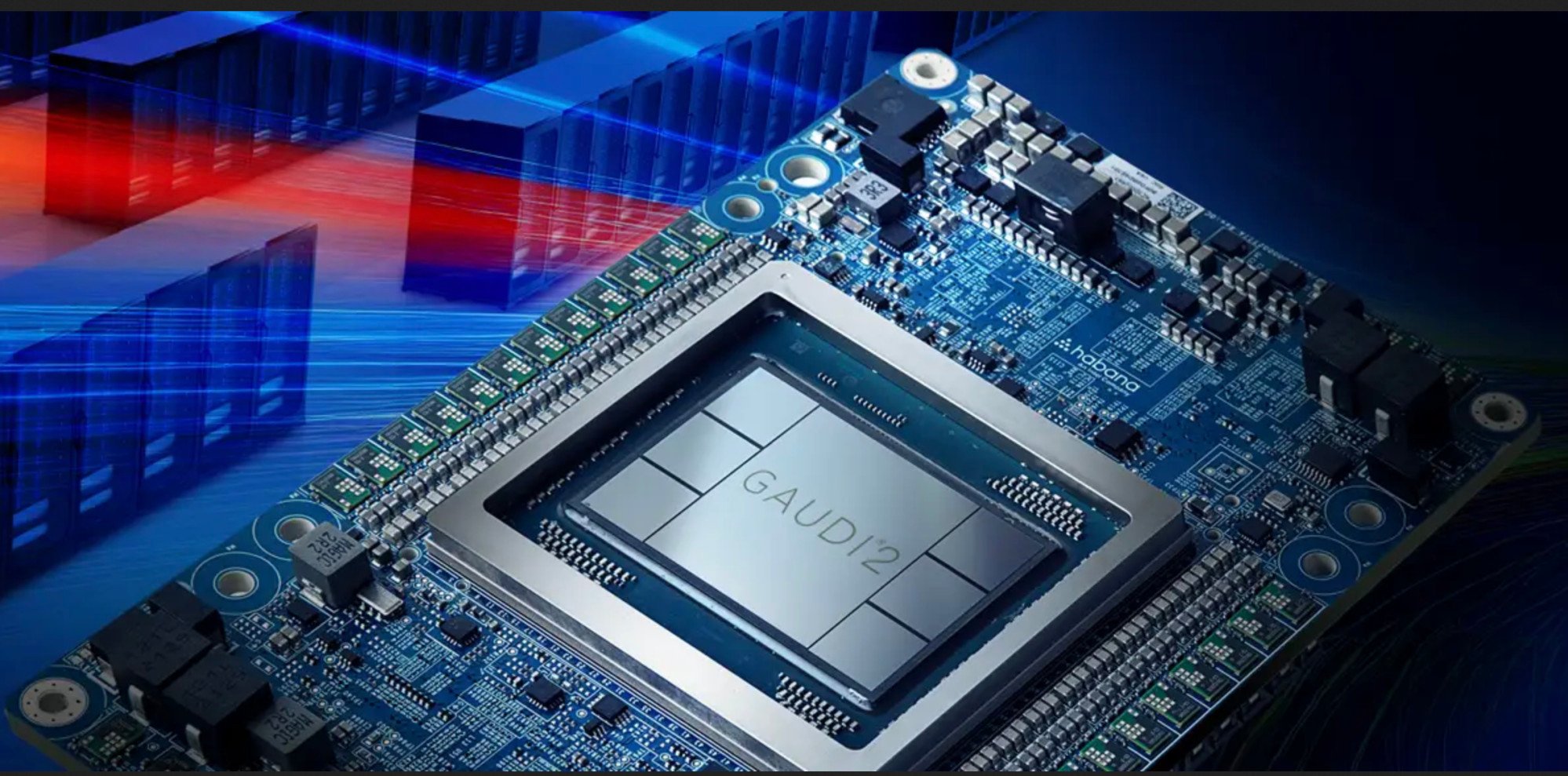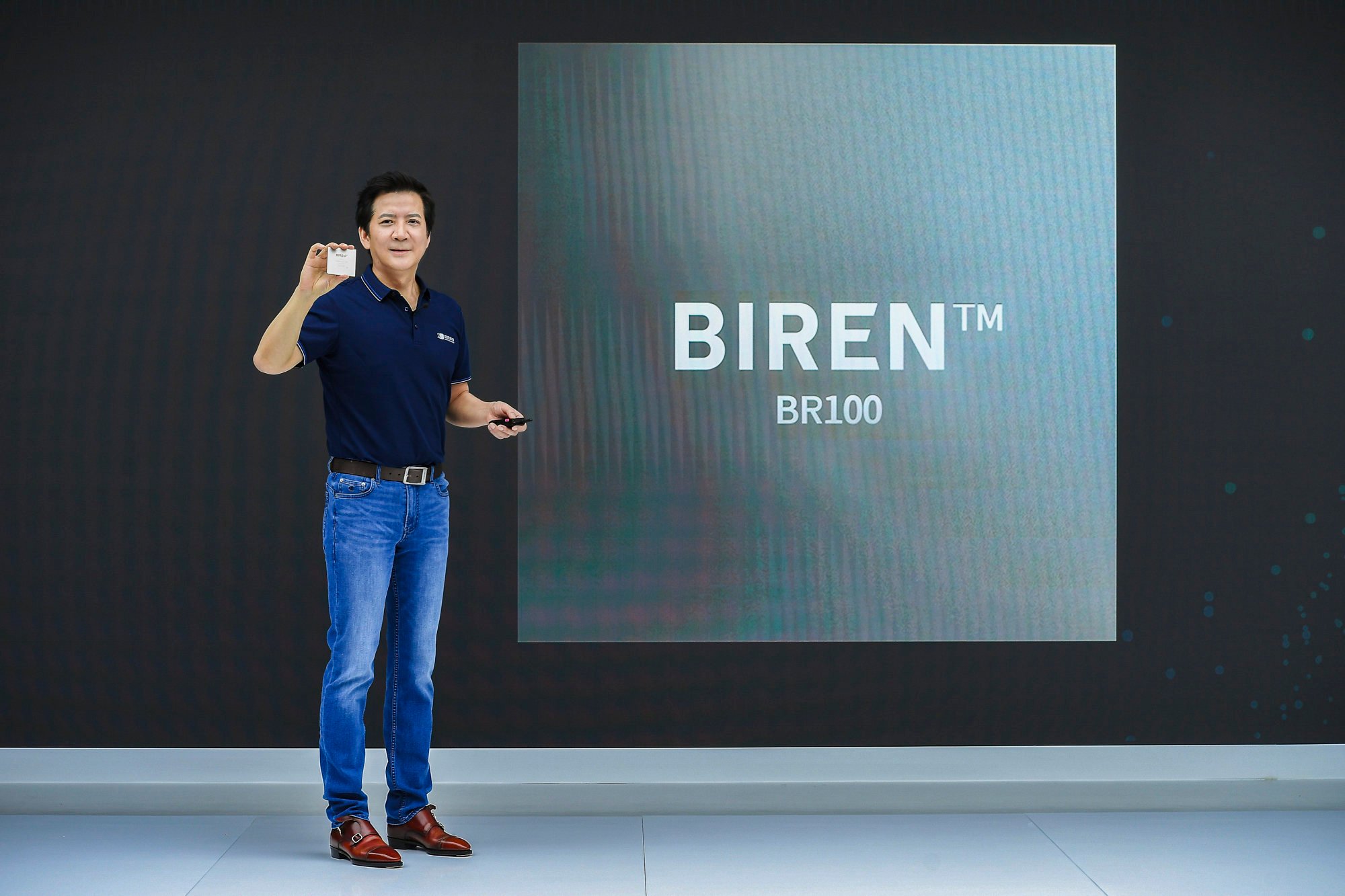The US has delivered another blow to China’s artificial intelligence (AI) ambitions by banning China-specific Nvidia and Intel graphic processing units (GPUs) and blacklisting two top Chinese GPU start-ups.
After Nvidia was banned from selling its state-of-the-art A100 and H100 chips to China under regulations Washington introduced a year ago, it tailor-made the A800 and H800 as alternatives for Chinese clients. The chips saw huge demand amid China’s AI fever, as tech giants Tencent Holdings, Alibaba Group Holding (which owns the Post), ByteDance and Baidu rushed to place orders.
Chinese scientists unlock potentials of a new semiconductor building block
Chinese scientists unlock potentials of a new semiconductor building block
A Beijing-based distributor of Nvidia products, who declined to be named given the sensitivity of the matter, said he was very concerned over whether there would be replacements for the A800 and H800.
“If not, we will be left with nothing to sell [to Chinese clients],” he said.
An employee of H3C, one of China’s leading server makers, said the latest GPU ban will have a long-term impact on the industry, and in turn, will affect the capabilities of Chinese cloud services providers. The source, who also declined to be named, said few Chinese companies can act as substitutes for US AI processors in terms of hardware quality and the software ecosystem.
“In the long run, it will affect China’s ability to develop AI if the sanctions persist,” said Brady Wang, an associate director with research firm Counterpoint.

Wang said Chinese companies could rent computing power from foreign cloud services providers, but Beijing’s tightened data and security regulations will make that more complicated.
China’s Ministry of Commerce said in a statement on Wednesday that it firmly opposed the US move and urged Washington to lift semiconductor export restrictions against China as soon as possible.
Nvidia said in a stock filing that the ban would also cover its L40 and L40S GPUs, as well as the RTX 4090 gaming card, but the company played down any possible financial impact.
The tighter restrictions on China’s access to advanced chips and chipmaking tools was aimed at confronting “threats to our national security” posed by China’s military-civil fusion strategy, Commerce Secretary Gina Raimondo said.

Biren and Moore each issued statements opposing their inclusion on the list.
In addition, the US imposed equipment export licencing requirements on 21 countries under a US arms embargo, making it harder for China to circumvent the new restrictions.
The newly-announced controls were designed to fortify sweeping rules published on October 7 last year, which aimed to cap China’s logic chip manufacturing capability at 14-nanometres.


